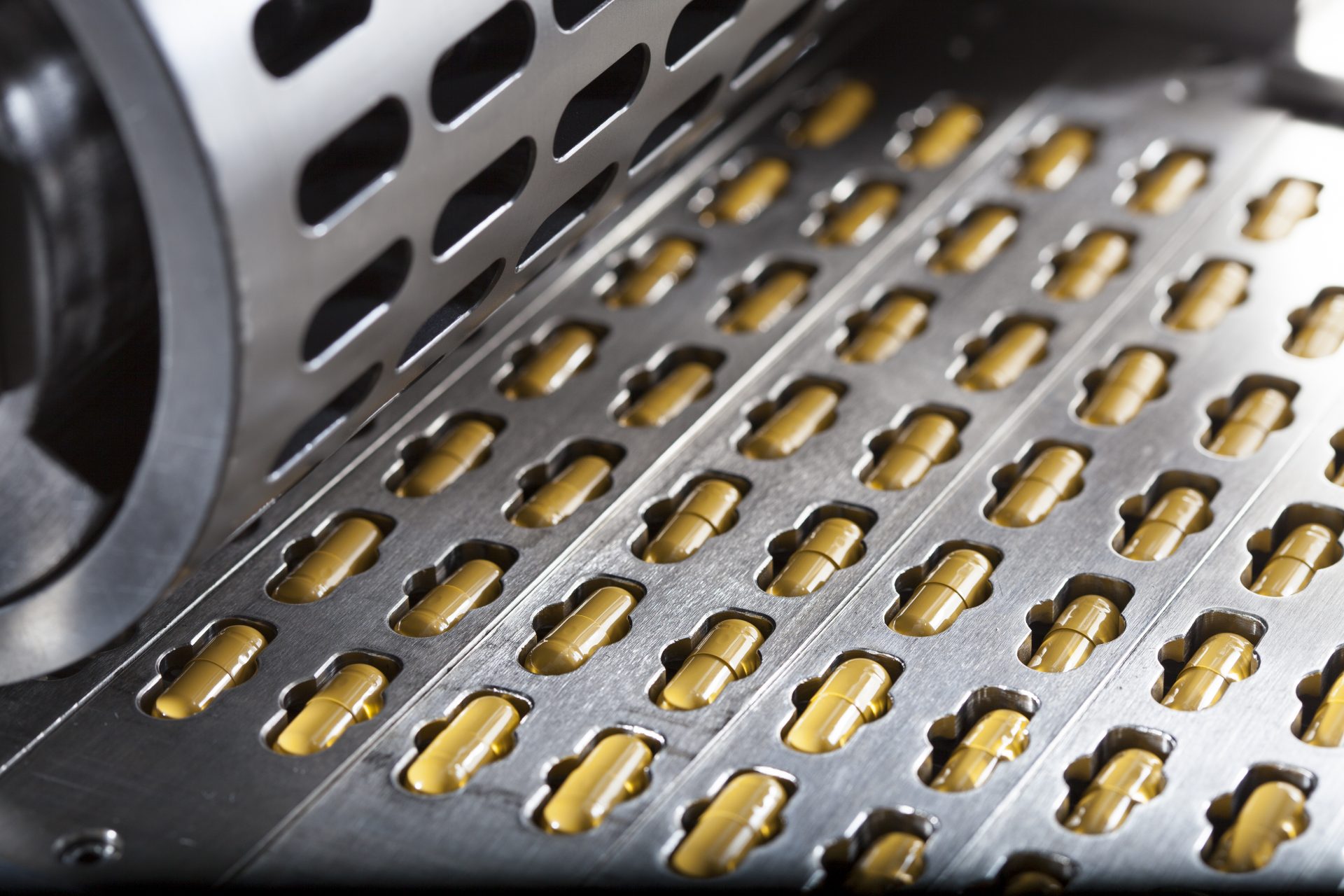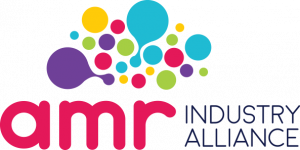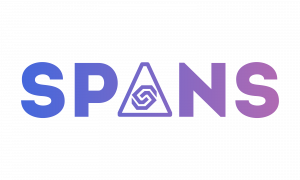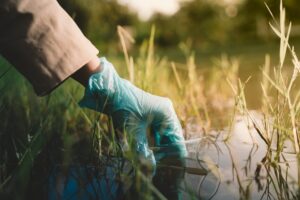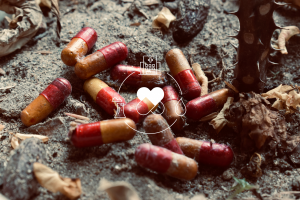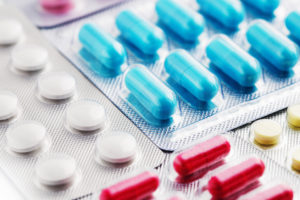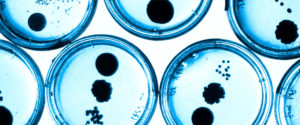Responsible manufacture of antibiotics offers companies a chance to be part of the solution, rather than the problem. On World Health Day, Brendan Shaw of Shawview Consulting and Nicolai Schaaf of SIWI discuss the growing need to do so, and how it can be done.
Last month, global leaders issued an urgent call for all countries to reduce antimicrobial pollution. This includes the safe disposal of antimicrobial waste from manufacturing facilities. Antimicrobial resistance is now a leading cause of death worldwide, killing about 3,500 people every day.
Antibiotics manufacturing companies around the world have a unique opportunity to take the lead in addressing this major global health and environmental risk. Effluent from antibiotic manufacturing causes severe environmental pollution through residue in water and river systems of the world, contributing to antimicrobial resistance (AMR).
The Responsible Antibiotics Manufacturing Platform (RAMP) led by SIWI, offers an opportunity for participating companies to be seen as part of the solution, rather than part of the problem.
Industry taking the early lead
Parts of the global pharmaceutical industry have already taken the lead in addressing problems associated with manufacture of antimicrobials.
The AMR Industry Alliance, one of the largest private sector coalitions, was set up to provide sustainable solutions to curb antimicrobial resistance. The Alliance has already developed a set of manufacturing standards along with a plan to ensure their implementation across its members and their suppliers.
Taking the initiative provides companies with a commercial opportunity to develop better business models for the pharmaceutical industry. Companies’ participation in such activities is an example of practical implementation of the increasingly important Environment, Social and Governance (ESG) principles. The approach combines business competitiveness with the health and environmental objectives of the United Nations Sustainable Development Goals for 2030.
Enter governments and other players
The momentum for action to address the threats of antimicrobial resistance from manufacturing is also building among politicians, regulators and the customers or payers.
Norway and Sweden are developing environmental criteria in their medicines procurement policies. The British government is actively supporting research on the issue of antibiotic manufacturing pollution and the European Union has strong focus on the potential health and environmental impacts of antimicrobial manufacturing in its Pharmaceutical Strategy for Europe.
The Global Leaders Group on AMR, a peak international forum of heads of state, government ministers, and leaders from private sector and civil society co-hosted by the WHO, the Food and Agriculture Organization (FAO), the World Organization for Animal Health (OIE) and the United Nations Environment Program (UNEP), have issued a major declaration calling for global action to reduce antimicrobial pollution.
In June last year, the governments of the G7 countries committed to establish environmental standards and reward antibiotics manufactured in accordance.
Transitioning to responsible antibiotics manufacturing
Antibiotics manufacturing companies, industries and markets that do not recognise this evolving regulatory environment face a high risk of falling behind.
Global standards, regulations and customer purchasing requirements are reaching a tipping point at which policies will demand accounting for environmental and societal health. Pharmaceutical companies in countries such as Bangladesh, China, India and Indonesia, some of which are leading manufacturers, have an enormous business opportunity to ‘get ahead of the curve’ and take the initiative to pro-actively address the fight against antimicrobial resistance.
RAMP provides companies, governments, stakeholders, and experts in both developed and emerging markets the opportunity to be part of the solution to reduce antimicrobial pollution.
The Platform seeks to work with procurers, regulators, and companies, to co-create the standard and business case for more sustainably produced antibiotics.
Co-hosted by SIWI and Shawview Consulting, RAMP’s partners include the Swiss Agency for Development and Cooperation, GSK, Novartis, Sandoz and Centrient Pharmaceuticals. The AMR Industry Alliance is a key technical advisor.
RAMP’s work includes partnering with local manufacturers on the ground to pilot and demonstrate new processes and technologies, working with governments, international agencies and other stakeholders to develop constructive policy solutions to unsafe emissions, and collaborating with technical partners to provide the right tools for companies and industry.
A lot can be achieved.
Whether it is to develop policies that support and incentivise companies to adopt change, identify best practice technical and process solutions, build consensus on common standards and benchmarks, develop verification and data systems to validate environmental credentials, raise awareness of the issues or document best practices in the industry, RAMP provides a platform for these discussions to occur.
